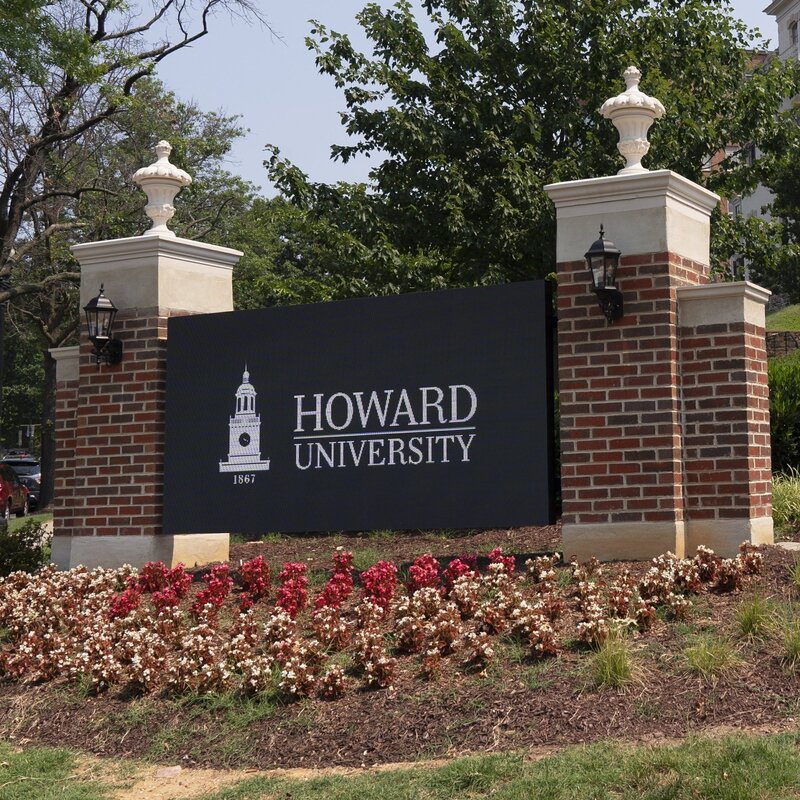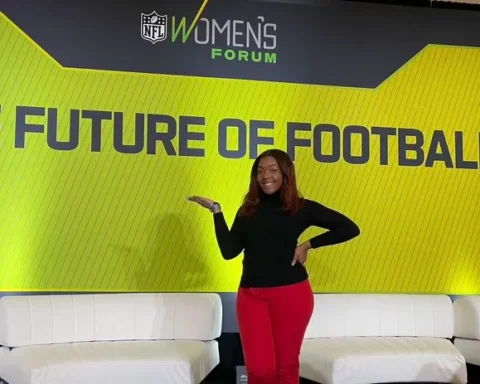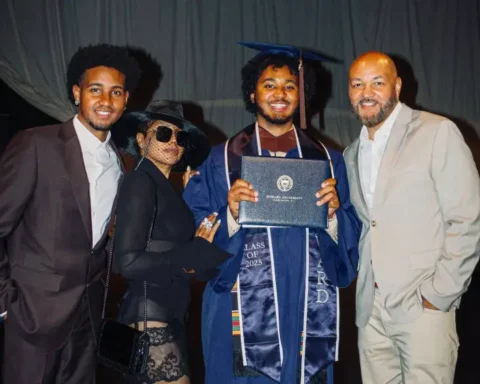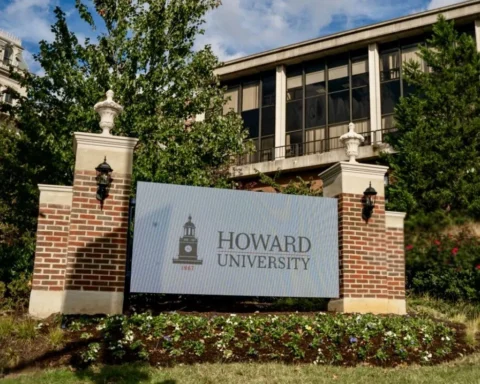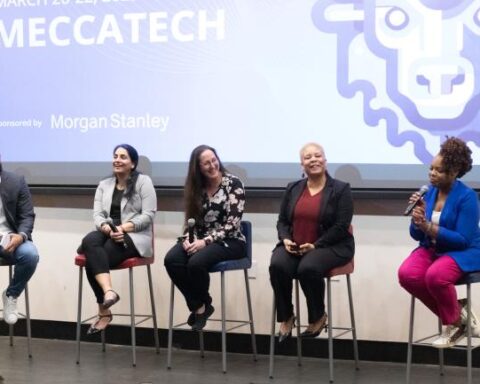Courtesy of Howard University
The HistoryMakers, the nation’s largest African American video oral history archive, has awarded its 2022-2023 Faculty Innovations in Pedagogy and Teaching Fellowship to Howard University School of Law adjunct instructor Ngozi Ndulue. Ndulue is one of seven awardees.
Ndulue’s course, “Capital Punishment,” will use The HistoryMakers Digital Archive to help students learn about the fundamental building blocks of the U.S. death penalty. Students will develop a background understanding of the history and the modern social and legal context that have created the modern death penalty. The course involves an in-depth dissection of the fundamental U.S. Supreme Court cases that have shaped the way the death penalty is administered throughout the country. Students will explore how the Supreme Court’s jurisprudence evolved, including an understanding of the litigation strategies that brought the cases to the court. As future “social engineers,” the students will be encouraged to actively engage with the material by understanding the decision-making process of litigators, jurists, and policymakers.
Now in its third year, The HistoryMakers Faculty Innovations in Pedagogy and Teaching Fellowship is designed to foster classroom innovation and teaching, and to diversify curricula while furthering student learning and research skills during the upcoming academic year. Award recipients will receive a $7,500 award and the opportunity to demonstrate how faculty can creatively incorporate The HistoryMakers Digital Archive into a semester course and syllabus.
“The fellowship’s first two years proved The HistoryMakers Digital Archive is a unique electronic resource that works well in-person or over video-sharing platforms like Zoom. This year, I am so pleased by the caliber of applications received and look forward to what engaging discussion and research spring from use of the archive,” said The HistoryMakers founder and president, Julieanna L. Richardson.
Howard University Junior Zoé Coker (African American Studies, Philosophy) has also been selected as one of The HistoryMakers 2022-2023 Digital Archive Student Ambassadors. This program recruited four student ambassadors in 2022 representing four colleges and universities.
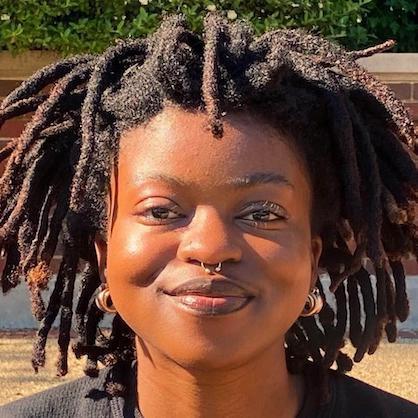
“We have a wonderful group of Student Ambassadors, and we are extremely excited about what lies ahead. We will be able to provide them with 21st-century skills while they bring their innovation, creativity, and knowledge to work to increase awareness and use of The HistoryMakers Digital Archive on their respective campuses,” said Richardson.
The program was generously supported in part by a grant from Bank of America, which funded Student Ambassadors at select Historically Black Colleges and Universities. The student ambassadors serve as the official representatives for The HistoryMakers Digital Archive on their respective campuses. They will be tasked with doing in-depth research, creating weekly blog posts and developing a plan to build awareness and to mount a campus-wide 2023 Black History Month Digital Archive Contest. The HistoryMakers Digital Archive is a state-of-the-art electronic resource that provides unique access to the stories of more than 3,400 HistoryMakers recorded in 413 cities and towns across the United States and is accessible from desktops, portable devices, and smart phones 24 hours per day, 7 days per week, anywhere in the world. The HistoryMakers Digital Archive is now available at 170 colleges and universities, public libraries, and K-12 schools—with more being added each year.
ABOUT THE HISTORYMAKERS
The HistoryMakers, a 501(c)(3) national non-profit organization headquartered in Chicago, Illinois, is the largest digital repository of the Black experience in the country. The HistoryMakers Collection represents the only massive attempt to record the Black experience since the WPA Slave Narratives of the 1930s. In 2014, it was announced that the Library of Congress would serve as the permanent repository for The HistoryMakers Collection. To date, the organization has interviewed over 3,400 African American leaders in the U.S. from 413 cities and towns as well as abroad, including General Colin Powell; civic leaders Franklin A. Thomas, Julian Bond, and Marion Wright Edelman; business leaders former American Express CEO Ken Chenault, Merck CEO Kenneth C. Frazier, and former Xerox CEO Ursula Burns; poets Maya Angelou, Nikki Giovanni and Sonia Sanchez; actors James Earl Jones, Whoopi Goldberg, and Phylicia Rashad; sports Halls of Fame inductees Hank Aaron, Barry Sanders, and Oscar “The Big O” Robertson; music icons Berry Gordy and Quincy Jones; 211 of the nation’s top scientists including Katherine Johnson, who was featured in the Hollywood movie Hidden Figures; lawyers Vernon E. Jordan, Jr., former U.S. Attorney General Eric Holder and NAACP Legal Defense Fund president Sherrilyn Ifill; and political leaders like the late Congressman John Lewis, Congresswoman Maxine Waters and President Barack Obama (when he was an Illinois State Senator), among others.
The HistoryMakers Digital Archive, a state-of-the-art electronic resource, provides users access to these first-person testimonies from desktops, portable devices, and smart phones 24 hours per day, seven days per week, anywhere in the world. The HistoryMakers Digital Archive makes the collection available to 170 K-12 public schools, colleges, universities, and public libraries – with more being added each year.

